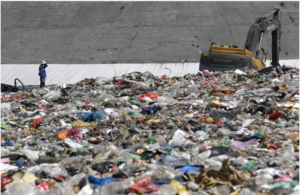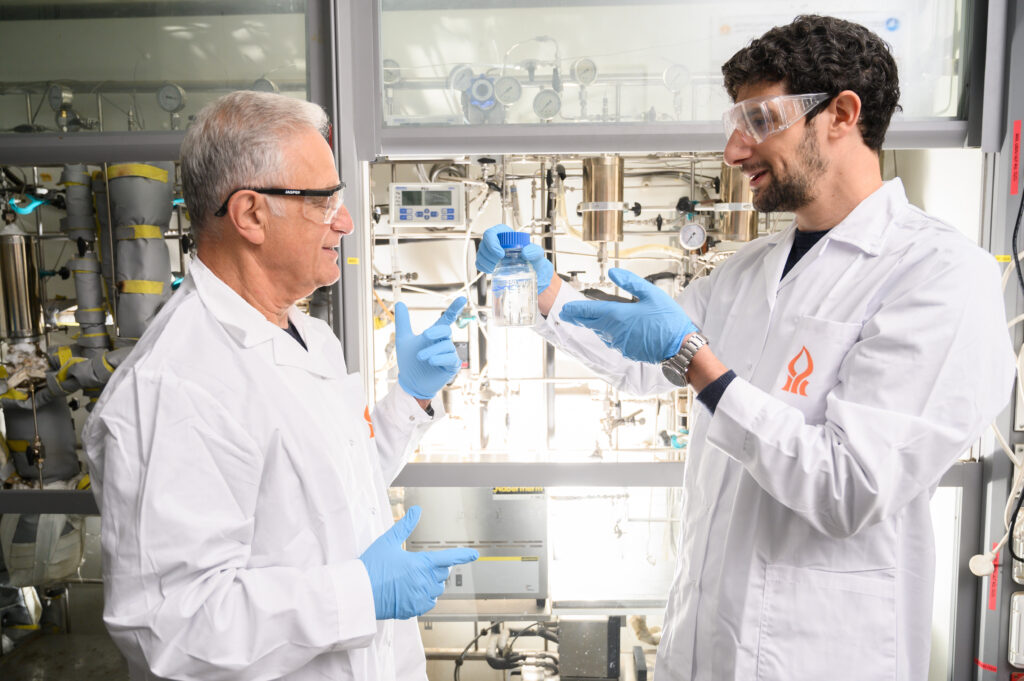
BGU Experts Convert Organic Waste to Gas
BGU Experts Convert Organic Waste to Gas
February 13, 2020
Alternative Energy, Natural Sciences
The Jerusalem Post — Researchers at Ben-Gurion University of the Negev (BGU) unveiled a new technology to turn carbon-containing waste into gas for energy production, offering a promising alternative to sending waste to landfills.
The innovative gasification method, developed at BGU’s Laboratory for Clean Combustion, uses the “unique chemical properties” of supercritical water to actively decompose organic material into gases with a range of potential uses and lightly dissolve inorganic material.
“It is necessary to find a method that can separate the useful component of waste from useless or dangerous components; supercritical water gasification is such a method since water in a supercritical state has a unique property,” said Dr. Efim Korytnyi, who led the six-year research project.
[Supercritical water is when water reaches a temperature and pressure, where distinct liquid and gas phases no longer exist. It can effuse through solids and dissolve materials like a liquid.]
Carbon-containing waste, including mixed plastics and used tires, has presented an increasingly problematic challenge for industrialized societies. Methods to turn waste into energy serve a dual purpose, the researchers said, by both reducing landfills and producing energy from non-fossil fuels.
While supercritical gasification methods have been studied for decades, the novel approach uses heat-transfer methods to return energy used for warming supercritical water and materials back into the process.
As most communal and industrial waste contains both organic and inorganic substances, organic matter is converted into gas, and solid inorganic elements can either be used for additional purposes or interred in landfills. The researchers emphasized that the combination of unique properties of supercritical water and continued technological innovation will ultimately outperform existing waste-to-gas solutions.
“The process has been intensively studied for the past 10 to 15 years with a view to implementation, yet the task is not to recycle the waste but to do it efficiently,” Korytnyi said.
“We discovered the features of heat transfer in supercritical gasification, which limit the return of heat to the process by standard methods and offer new technological schemes, which, in our opinion, should demonstrate more efficiency than conventional technologies.”
The research was supported by the energy, environment and economy ministries. The researchers are currently in discussions with two companies to develop a pilot facility and commercialize their technology.




